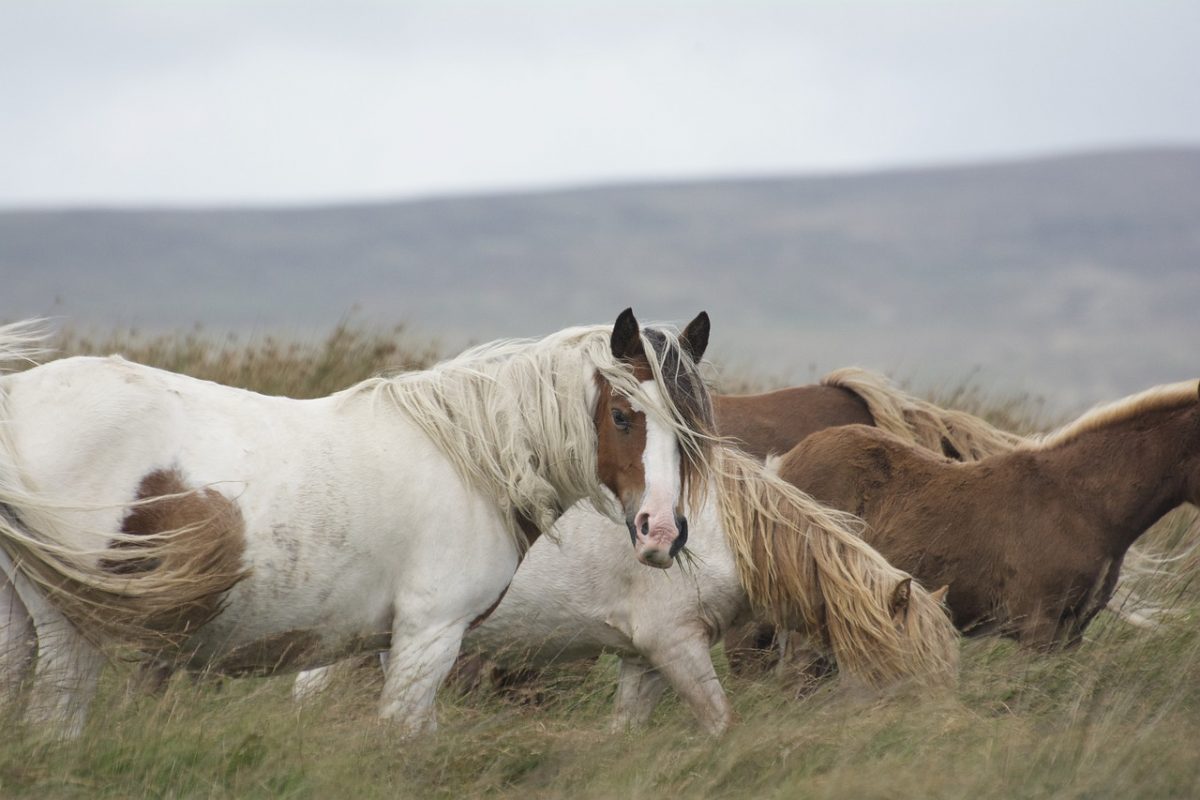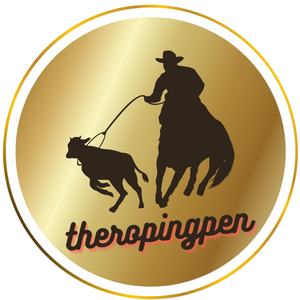Before you start a horse or just go horse riding, you need to ask how to properly care for a horse. For the owner, this is a necessary condition, the health and performance of the horse depends on it. But athletes knowing how to properly care for horses can help to establish close contact with a sports partner, and bring him in the best shape to the competition.
Horse care: care includes daily mandatory procedures, such as feeding and watering, for horse and sports horses – cleaning the skin and clearing hooves, and quite specialized – forging and veterinary treatments, which are carried out by specialists in their profession in the presence of the owner.
Feeding and drinking
Yes, you need to be able to feed the horse. The same applies to drinking – you need to know the peculiarities of the structure and physiology of the horse’s organism, otherwise one untimely giving of the diet will lead to the death of the animal or leave it crippled for life.
Feeding a horse should take into account the body’s need for all the necessary substances and trace elements, vitamins are especially important. Rations change, taking into account the time of year, working conditions, age and gender of the horse, a lot of factors are taken into account. You can’t overfeed the horse with grain, the walls of her stomach can tear, and the fodder masses fall into the abdominal cavity, causing painful death. But constant underfeeding threatens the loss of mass and health of the animal, chronic diseases and exhaustion.
First of all, a horse is a herbivore and only a herbivore! No sausages, pies, salads! This threatens the digestion of the pet, causing great digestive upsets. For the gastrointestinal tract to work properly, they need to consume large amounts of grass or hay, cereals (oats, barley) and vegetables. It’s easy to find out all the rules yourself, given the size, age and weight of your pet. With free grazing without work, the horse usually grabs the grass eaten during the day.
Watering is another story. Horses are fed twice a day, in the morning and in the evening with running, but not ice water, never drink a horse heated after training or hard work, it is worth waiting about an hour. If a horse drinks too eagerly, taking air, there is a simple secret – pour a bunch of hay into a bucket of water on top, and the horse will calm down.
For any type of horse maintenance, shelter is provided in the form of a barn, or a large stable with individual stalls, where the horse is saved from rain and snow, and from any weather.
Caring for herd horses ends here. But most often the horses used for work or in sports are kept singly or several heads each, and therefore several more mandatory techniques are added to the care and hygiene of the animal.
Horse cleaning and bathing, hoof care
Cleaning includes hygienic treatment of the skin and hair from dirt and dandruff with a brush and scraper. The fact is that in nature the horse is cleaned with the help of wallowing in the sand and dust, and when they are kept stable and when working in carts, they are deprived of this pleasure. A person has to take responsibility for the condition of the appearance of the horse.
The cleaning begins on the left from the head, then the shoulders, withers, back and limbs, then move to the other side. During this procedure, the owner or athlete has a great opportunity to check with his hands the condition of the skin and coat, to notice wounds, injuries or skin parasites in time. In addition, this is a great opportunity to chat with the animal, whisper in his ear how wonderful and wonderful he is, and also an invaluable helper and breadwinner in the family.
Horse bathing is carried out only in the summer and in good weather, in addition, it is necessary to take into account her desire. If a horse is panicky afraid of water, then do not force it into an open reservoir forcibly in order to avoid injuries. You can try to wash your pet out of the hose, first without pressure, with warm water, at the same time you can use special shampoos. You can not wash the horse heated after training, it is necessary to allow it to dry on its own, and then rinse. Also, washing in the cold season is not recommended, this threatens colds.
The owner is also responsible for the condition of the hooves. When working on the ground in the sole of the hooves stones can get stuck, which the horse is not able to get rid of on its own, “athletes” clog manure and straw in the arrow, causing rotting. Hoof cleaning is quite simple – the owner bends the horse’s limbs and with a special hook cleans the arrows of stones and debris. At the same time, you can evaluate the shape of the hoof, damage, change. It is not worth cutting an ungulate horn yourself, it is better to provide it to a specialist. If you engage in hooves daily, then very soon the animal gets used to this small procedure, and even independently gives legs for inspection.
Horseshoe and veterinary treatments
Shoeing horses is required during heavy work on hard ground, with slippery ground, with various diseases of the hooves, to maintain their shape and performance of the horse. It must be remembered that the horse is, first of all, healthy hooves and legs, if you remove one of these components, then the horse will not be.
Forging of horses is done only by blacksmiths, using special technologies and lines of the horns of the hooves; you should not learn such a tricky profession on your own pet, otherwise you can “make” the pet a long time or forever. The blacksmith will correctly clear the hoof, give it a working form, explain the features characteristic of this particular horse. Sometimes you can do a simple cleaning, without shoeing, but such a procedure must be performed at least 3-4 times a year.
The veterinary treatments necessary for the pet will be explained at the nearest veterinary station, why they are needed and when it is best to produce them. It is better to be aware so as not to be at the wrong time before the fact of the absence of any important vaccination.
Conclusion
Subject to several immutable rules and proper daily care, the horse will gratefully serve for many years without unexpected surprises in the form of illness or limp. Be attentive to those who are tamed!





Comments are closed.